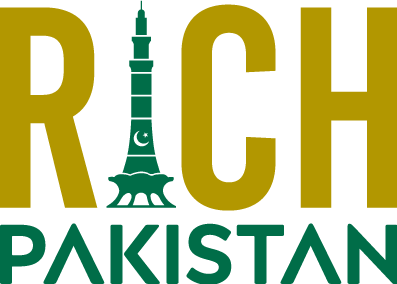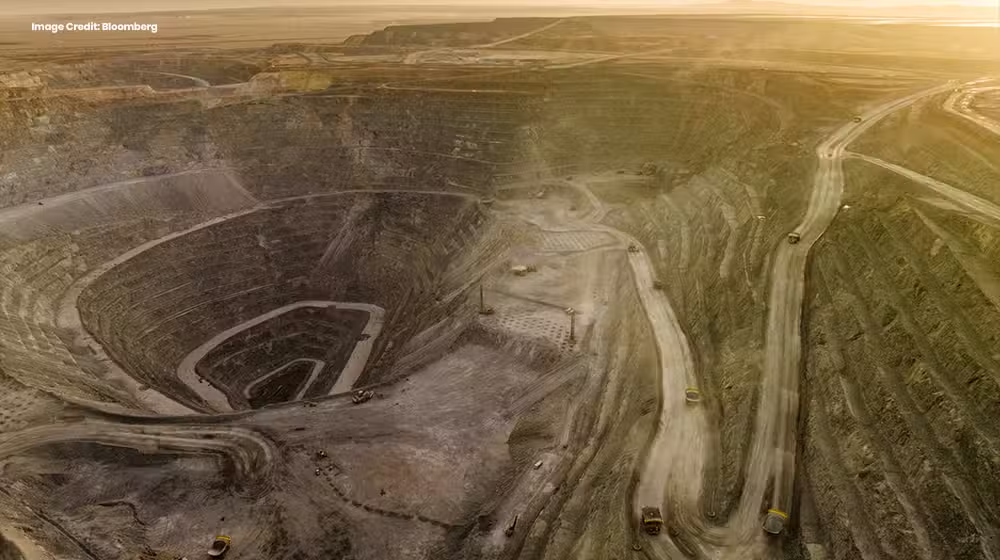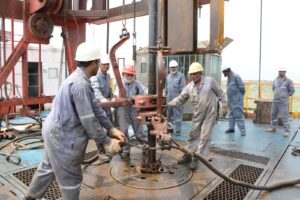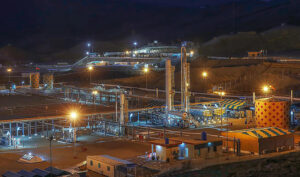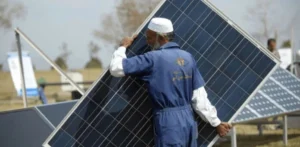The federal government has raised the estimated cost of the first phase of the Reko Diq copper and gold project by 58 percent to $6.8 billion.
The revision follows a new feasibility study and technical report conducted by Barrick Gold, which holds a 50 percent stake in the project. Officials expect the additional $2.5 billion cost to be offset by rising global prices of gold and copper.
Over the 30-year project lifespan, Pakistan’s federal and provincial governments are projected to receive $7.1 billion in royalties and taxes, along with dividends from their 50 percent ownership.
The financing plan for Phase-1 includes $5.566 billion in capital expenditure required for mine development and infrastructure, while an additional $1.199 billion is allocated to cover interest payments on project financing and inflation-related costs during the construction period. The second phase of the project will be self-funded through revenues generated from mining operations.
Government, State Firms, and Barrick Gold Joint Venture
The Reko Diq project is a joint venture between the federal and Balochistan governments, state-owned enterprises, and Canada’s Barrick Gold Corporation. The Pakistani entities—Pakistan Petroleum Limited (PPL), Oil and Gas Development Company Limited (OGDCL), and Government Holdings (Private) Limited (GHPL)—together hold a 25 percent stake in the project and Balochistan government also holds a 25 percent stake. Whereas Barrick Gold owns the remaining 50 percent.
The project’s revised financial structure was reviewed and approved by the ECC, which formalized funding commitments for the Pakistani partners. Pakistan Minerals (Private) Limited (PMPL) will contribute $1.879 billion, while Balochistan Mineral Resources Limited (BMRL) will invest $1.128 billion.
The federal government will seek financing from commercial banks, backed by guarantees from international export credit agencies, to minimize the
financial burden on national resources.
Strategic Importance and Economic Impact
Reko Diq is one of the world’s largest undeveloped copper and gold deposits. Its successful development is expected to have a significant economic impact on Pakistan, generating billions of dollars in revenue, creating jobs, and boosting foreign direct investment in the country’s mining sector. Officials describe the project as a crucial component of Pakistan’s long-term economic strategy, particularly in addressing foreign exchange challenges.
The project has faced several hurdles over the years, including a long-standing legal dispute with Barrick Gold and Antofagasta PLC. In December 2022, Pakistan reached a settlement that allowed Barrick Gold to resume work on Reko Diq, with Antofagasta exiting the project in exchange for a $900 million settlement paid by Pakistani entities. The agreement restored investor confidence and provided a framework for future investment.
Next Steps and Future Prospects
Following the ECC’s approval, the petroleum and finance ministries have been directed to expedite agreements and financing arrangements to ensure the timely implementation of the project. The final development plan for Reko Diq is expected to receive approval in April 2025, after which construction will commence.
Once operational, the project is projected to produce approximately 200,000 tons of copper and 250,000 ounces of gold annually. The revenue from mining operations will be shared among the stakeholders, with a significant portion benefiting the Balochistan government and local communities.
